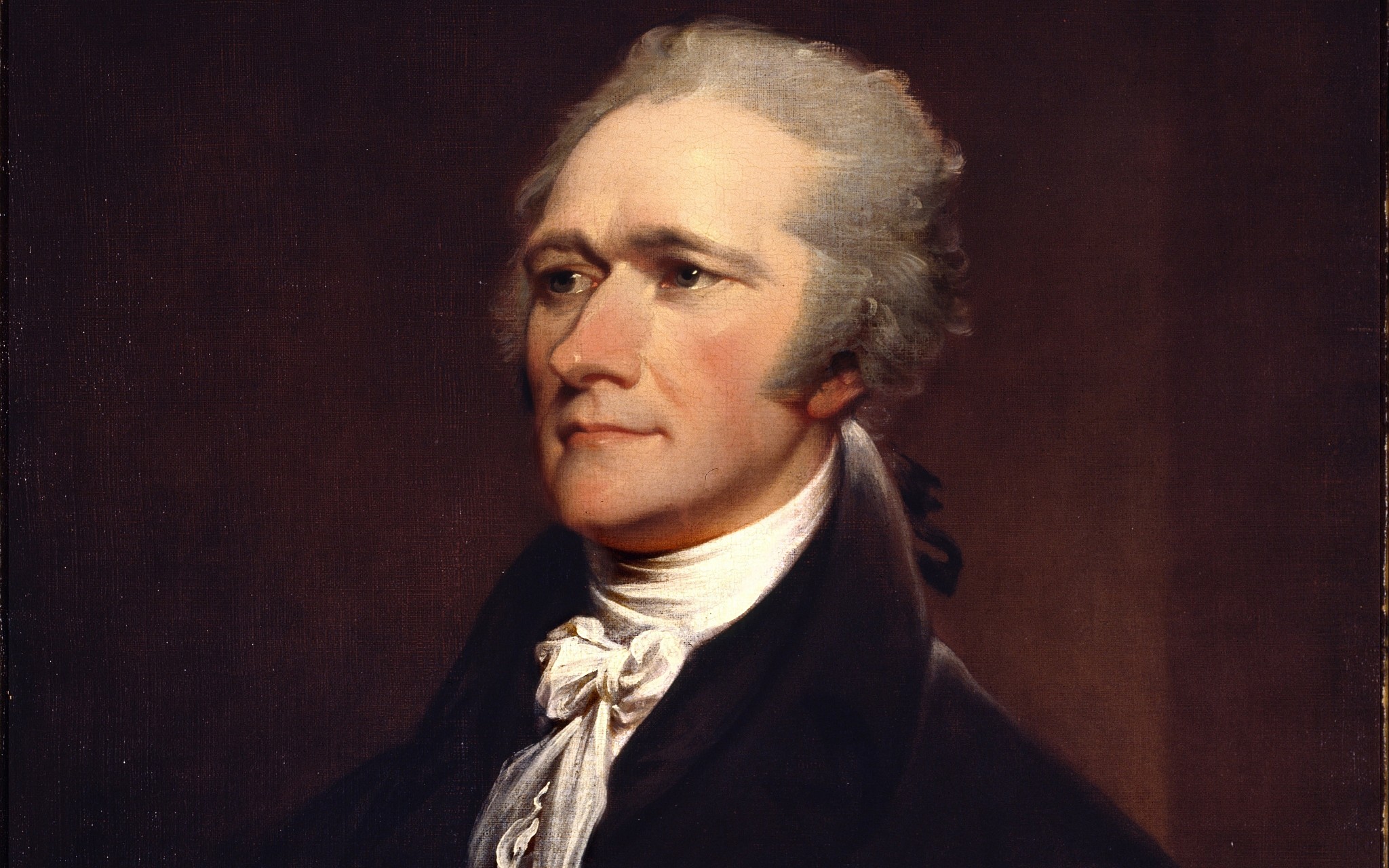Alexander Hamilton: Founding Father and Visionary Economist
Introduction
Alexander Hamilton stands as an enigmatic figure in American history. As a Founding Father, his contributions to the nation's formation are undeniable. Simultaneously, his economic ideas continue to shape debates in contemporary society. This essay aims to explore the complexities of Hamilton's legacy, examining his profound impact on the United States' political and economic development. Through a critical analysis of his ideas and actions, we can discern his remarkable vision, as well as the enduring implications of his work.
Hamilton's Economic Vision
Hamilton is renowned for his ambitious economic plans. Following the Revolutionary War, he recognized the critical need for a strong central government and a robust economy. He argued that the federal government should play an active role in shaping the nation's economic destiny, promoting commerce, industry, and infrastructure.
One of Hamilton's most significant contributions was the establishment of a national bank. The First Bank of the United States, chartered in 1791, provided a central banking system that helped stabilize the economy, regulate the money supply, and facilitate financial transactions. Furthermore, Hamilton advocated for protective tariffs to shield domestic industries from foreign competition, promoting the growth of American manufacturing.
Hamilton's economic vision rested on the belief in a strong national economy. He believed that government intervention could accelerate economic growth and prosperity. His policies played a crucial role in laying the foundation for the industrial revolution in the United States and shaping the country's economic landscape for decades to come.
Critiques of Hamilton's Policies
Despite the long-term impact of Hamilton's policies, they were not without critics. Thomas Jefferson, a fellow Founding Father, opposed Hamilton's vision, advocating instead for a decentralized economy based on agriculture. Jefferson and his followers argued that Hamilton's policies favored the wealthy elite and created a corrupt and powerful centralized government.
Modern critiques of Hamilton's legacy often focus on the issue of inequality. Critics contend that Hamilton's policies exacerbated the wealth gap, concentrating economic power in the hands of the few. Moreover, they argue that his emphasis on industrial development came at the expense of environmental sustainability.
Hamilton's Lasting Legacy
Notwithstanding these criticisms, Hamilton's legacy remains profound. His economic policies set the stage for the United States' emergence as a global economic powerhouse. The establishment of a national bank, the promotion of industry, and the adoption of tariffs were instrumental in fostering economic growth and stability.
Beyond his economic contributions, Hamilton's political ideas have also had a lasting impact. He was a staunch advocate for a strong central government and a robust military. His vision of a united and powerful nation has shaped the course of American foreign and domestic policy throughout history.
Contemporary Relevance
Hamilton's economic ideas continue to resonate in contemporary debates. His emphasis on government intervention in the economy has influenced modern economic policies, such as fiscal stimulus and monetary policy. Similarly, his belief in the importance of a strong national economy remains a central theme in economic discussions.
Hamilton's legacy is particularly relevant in light of the increasing inequality and economic instability in many parts of the world. Some argue that his ideas can provide insights into addressing these challenges, while others caution against the dangers of excessive government intervention.
Conclusion
Alexander Hamilton was a complex and influential figure whose legacy continues to shape the United States. His economic policies laid the foundation for the nation's economic development, while his political ideas helped define the character of the American government. While his policies have faced criticism, his enduring impact on the nation's economic and political landscape is undeniable.
The complexities of Hamilton's legacy offer valuable lessons for contemporary society. His vision of a strong central government and a vibrant economy remains relevant in addressing the challenges of the 21st century. However, his ideas must be tempered with a commitment to equality, sustainability, and the principles of democratic governance.
By engaging with Hamilton's legacy, we can gain insights into the challenges and opportunities of shaping a nation's economic and political destiny. His life and work serve as a testament to the power of bold ideas and the enduring impact of visionary leaders.
Dan Campbell's 'Gamble': Inside Detroit Lions' Fourth-Down Strategy
Biggest Game In Happy Valley? Maybe, But It's Still Playoff Time
Al Gore: Environmental Advocate And Former Vice President



